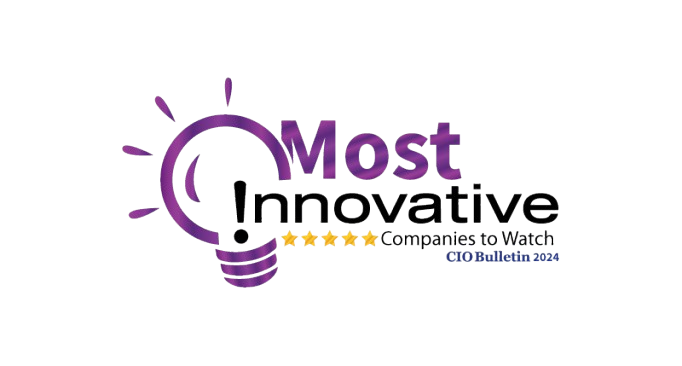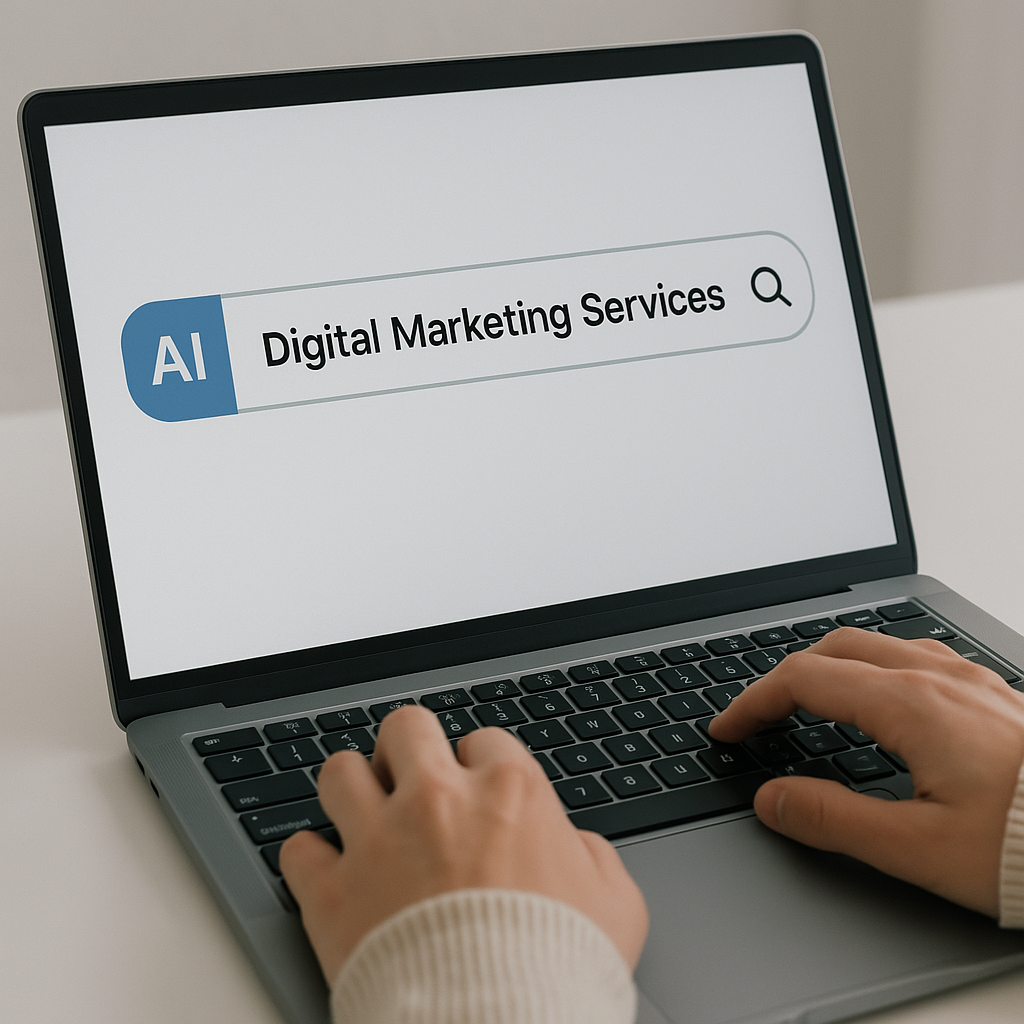Unleashing the Power of Data: Exploring Data-Driven Marketing
April 27, 2023
In today's digital era, businesses are constantly seeking ways to optimize their marketing strategies and gain a competitive edge. One approach that has revolutionized the marketing landscape is data-driven marketing. Harnessing the power of data, this innovative approach allows businesses to make informed decisions, deliver personalized experiences, and drive meaningful results. In this blog post, we will delve into the concept of data-driven marketing, explore its benefits, and discuss how it is transforming the way businesses connect with their target audiences.
Defining Data-Driven Marketing:
Data-driven marketing is a strategic approach that relies on the analysis and interpretation of data to inform marketing decisions, shape campaigns, and drive overall business growth. It involves collecting, analyzing, and leveraging customer data to gain valuable insights into consumer behavior, preferences, and trends. These insights enable businesses to tailor their marketing efforts, improve targeting, optimize messaging, and enhance the overall customer experience.
The Role of Data in Data-Driven Marketing:
Data serves as the foundation of data-driven marketing. It can be collected from various sources, such as customer interactions, website analytics, social media platforms, surveys, and more. The data collected can be categorized into two main types: first-party data and third-party data. First-party data is obtained directly from customers or prospects, typically through website registrations, purchase history, or loyalty programs. Third-party data, on the other hand, is obtained from external sources like data providers, which can provide additional insights and context.
Benefits of Data-Driven Marketing
Enhanced Customer Insights: By analyzing customer data, businesses can gain a deeper understanding of their target audience. This insight helps in identifying customer preferences, behavior patterns, and their preferred communication channels. Armed with this knowledge, businesses can create highly personalized marketing campaigns that resonate with their customers, leading to increased engagement and conversions.
Improved Targeting and Segmentation: Data-driven marketing allows businesses to segment their customer base into distinct groups based on various criteria such as demographics, interests, purchasing history, and more. This segmentation enables businesses to deliver targeted messages and offers to specific customer segments, maximizing the relevance and impact of their marketing efforts.
Personalized Customer Experiences: With data-driven marketing, businesses can create personalized experiences across various touchpoints in the customer journey. By leveraging customer data, businesses can deliver tailored content, product recommendations, and offers that align with each customer's preferences and needs. Personalization enhances customer satisfaction, loyalty, and the overall brand experience.
Improved Campaign Effectiveness and ROI: Data-driven marketing empowers businesses to measure and optimize their marketing campaigns more effectively. By tracking and analyzing key metrics, such as click-through rates, conversion rates, and customer lifetime value, businesses can identify what works and what doesn't. This data-driven optimization helps allocate resources more efficiently, leading to improved campaign effectiveness and higher return on investment (ROI).
Conclusion
Featured Resources
Check Our Latest Resources

October 23, 2024
Proven ROI has been recognized as one of the Most Innovative Companies to Watch 2024 by CIO Bulletin—a testament to the company’s forward-thinking approach to CRM investments and strategic partnerships. By working closely with leading CRM platforms like HubSpot, Proven ROI is revolutionizing how businesses manage customer relationships, scale their operations, and drive growth.
Contact us today
Take Your Digital To The Next Level With Proven ROI
Thank you for contacting us.
We will get back to you as soon as possible.
We will get back to you as soon as possible.
Oops, there was an error sending your message.
Please try again later.
Please try again later.
NAVIGATION



